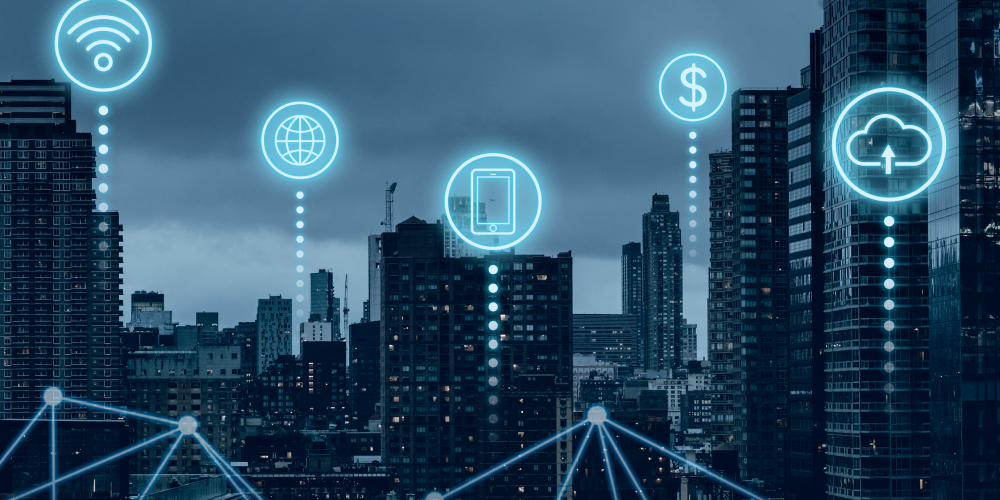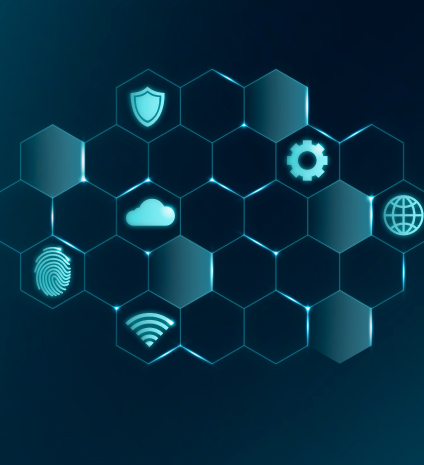Cloud, zBlog
Remote Infrastructure Management – For Lower Downtime and Higher Satisfaction
trantorindia | Updated: December 3, 2021

The IT Infrastructure Management landscape has undergone a drastic shift in the last one and a half years. Back in the early 2020s and late 2019s, most IT teams would physically take care of the IT infrastructure since most IT teams were required to work from the office and manage all the IT networks, systems, and operations.
Then came the pandemic, and it fueled the already ignited fire of remote work culture. Suddenly, IT teams were restricted to places physically away from their IT infrastructure. This posed new difficulties and paved the way for Remote Infrastructure Management as a viable solution.
As we near the ending of 2021, remote work is still pretty much the norm. However, remote work or not, the importance of Remote Infrastructure Management as a tool for seamlessly and holistically handling IT infrastructures can’t be overstated. This becomes even more apparent when we consider research conducted in 2020 that revealed various pressing concerns of various IT leaders. Here are some of the essential findings from the study:
- Internet outages and other remote technical issues caused problems for more than 50% of the people surveyed.
- Remotely managing IT infrastructure is not a task that is easy to accomplish for teams divided by time and distance. 45% of the people agree with this, saying that a higher number of people logging into IT management systems will cause problems.
- The hardware needed to do the job is lacking – 33% of the people surveyed mentioned this as a concern.
These problems point towards just one possible solution – a comprehensive way to manage IT infrastructure, even in a remote environment, without compromising quality or facing any downtimes
Remote Infrastructure Management (RIM) for Forward-Looking Businesses
RIM is essential for remote work environments and for businesses operating from offices looking to outsource the IT Infrastructure Management tasks. According to data provided by CIO, IT leaders can outsource many jobs and services to improve business productivity and experience seamless IT management. Some of such core tasks include:
- Networking tasks
- Server management
- IT maintenance
- Administration and control
- End-user devices
- Mainframe
- Internal helpdesk
Remote Infrastructure Management services seamlessly combine all of the tasks mentioned above to provide a much more holistic overview and maintenance of your IT infrastructure. In essence, RIM is all about remotely managing an organization’s IT infrastructure – whether in parts or a whole. RIM services club all the essential tasks required to keep any critical IT infrastructure up and running at all times.
One of the significant benefits that make Remote Infrastructure Management a genuinely progressive move for forward-looking is that it centralizes all the maintenance and monitoring. Along with that, Remote Infrastructure Management services ensure all the IT-related errors are detected and rectified before they can cause any harm. In this sense, RIM is perfect for organizations working remotely and those working from offices but wanting to move towards a smoother future for IT infrastructure management.
A leading customer-centric brand for architecting, building, and managing Contact Centers and Customer Experience (CX) solutions were experiencing high downtimes and reduced IT infrastructure availability. Moving to RIM gave them the uptime their business required and centralized IT management for completely no-hiccup management.
Infrastructure Management plan!Contact US
Let’s Get Your RIM Plan in Place!
Moving towards Remote Infrastructure Management is the need of the hour for businesses wanting to accelerate towards their business goals without worrying about the competition. With time, the gamut of RIM services is only going to get broader – so the sooner you get on board with it, the more time you will have to get entirely accustomed to it. Reach out to us for a personalized Remote Infrastructure Management plan!



